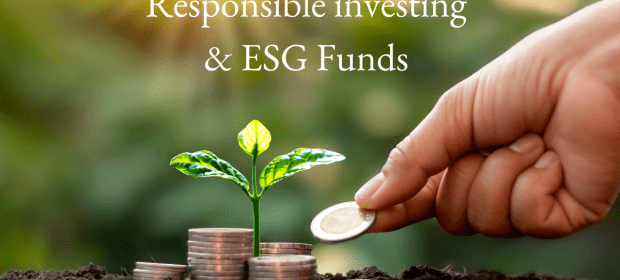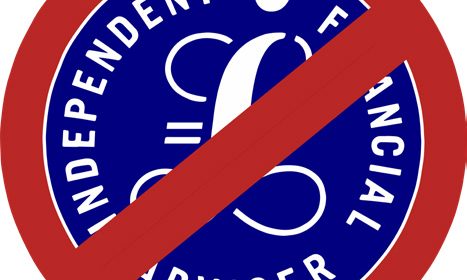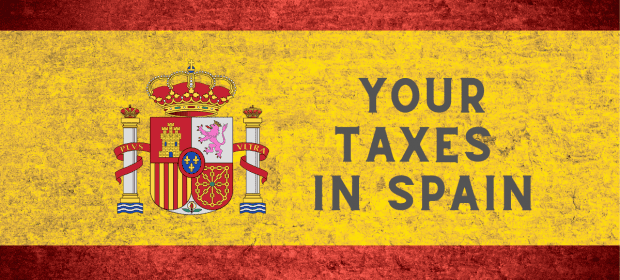Whether you have lived in Spain for a while, or are new and trying to understand when you need to submit to the various deadlines, including taxes and overseas assets, I have listed below in an easy to read format what you have to declare and when, to help make your life more simple. These have been the same for the last few years and so should remain moving forward. If you would like help in understanding, declaring and any other questions don’t hesitate to get in touch.
End of January 2021
FORM D6
Stocks, bonds and investment funds that are outside of Spain and are not Spanish compliant. (this is to compliment and not replace Modelo 720). Failure to comply with the obligation to submit this Form D6, can lead to a fine of up to 25% of the undeclared amount, with a minimum of €3000. Late declaration entails penalties ranging from €300 in the first 6 months to €600 after that deadline.
End of March 2021
MODELO 720
This is a declaration of assets outside of Spain value of €50,000 or more. Once declared you only need to do this again if the value of any asset (e.g. a bank account) has risen by more than €20,000). The authorities can fine you anywhere between 100 and 10,000 euro for failure to meet the requirements (as of 2019, the European Union considers Spain to be breaking EU law with these sanctions for people who file the Modelo 720 late).
End of June 2021
Declaración De La Renta
Your annual tax return, showing all assets and worldwide incomes, must be declared for assessment by this date. Not all assets will be taxable, depending on how they are structured. In Spain the financial year runs from January through to December, and in June you are declaring for the previous calendar year’s finances.
Wealth Tax declaration – Catalonia
Wealth tax is applied if your worldwide assets are more than 500,000€ with an additional allowance of up to 300,000€ for your main residence. The tax is based upon your net wealth: assets minus liabilities. In Catalonia the rates of tax start at 0.21% and rises to 2.75% depending on your wealth each year and is taken from the 31st December the previous year. There are ways of mitigating this tax by having your assets structured correctly.
What role do Chris and The Spectrum IFA Group perform?
I am a financial planner/Wealth Manager and we specialise in optimising clients’ assets, including strategies to minimise taxes both now and in the future. We manage clients’ savings, investments and pensions whilst understanding what these are and the role they will play in their lives. I do my best to continually keep clients informed of anything they need to know in respect of these topics.























